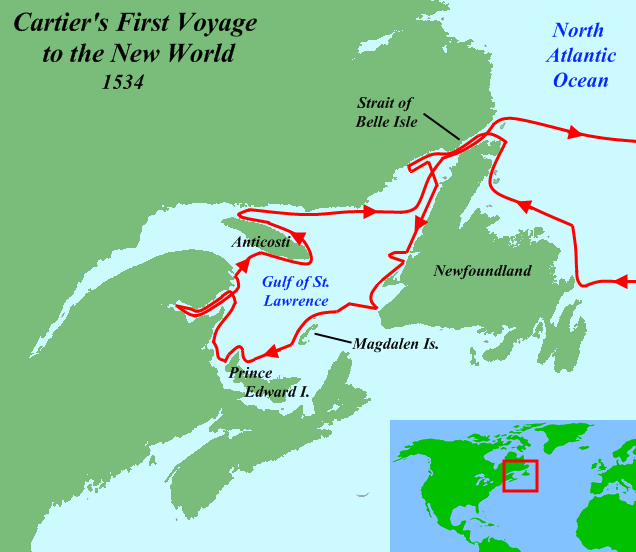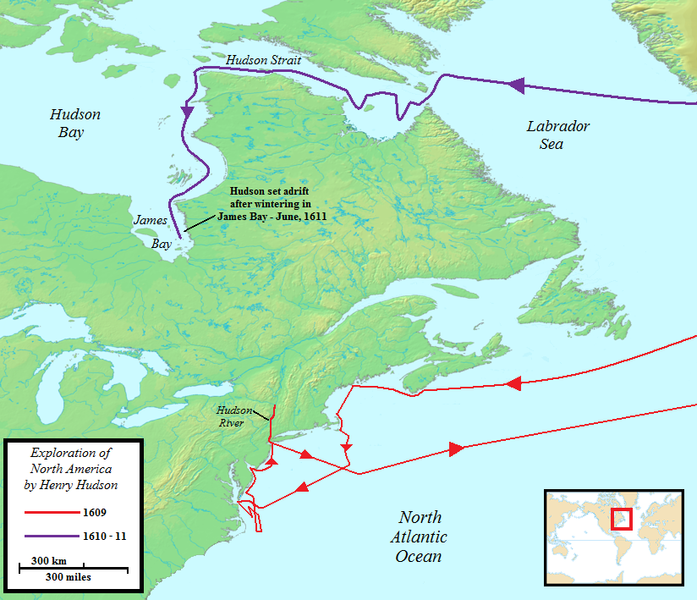English Across the Curriculum
Age of Exploration
English and French Explorers
The French and the English concentrated their journeys on the northern part of the continent, because they thought that there also had to be a north-western route to India.
In 1497, John Cabot, an Italian who sailed for England, landed on the east coast of Canada. In 1534 Jacques Cartier sailed down the St. Lawrence River and reached the Great Lakes. He claimed this territory for the king of France.
During the 1600s the French and English began to set up colonies. The French concentrated on the St .Lawrence valley and the Great Lakes and founded towns like Montreal, or Detroit.
At the end of the century Louis Joliet and Jacques Marquette sailed down the Mississippi River. The land near the Gulf of Mexico was called Louisiana, in honour of the French king. Settlements like St. Louis or New Orleans show French origin.
The first permanent settlement in North America was founded at Jamestown , Virginia in 1607. In 1610 Henry Hudson sailed around north-eastern Canada and discovered a huge body of water which he thought was the Pacific Ocean. Today it is known as Hudson Bay.

Jacques Cartier's first voyage to the New World
Image : Jon Platek, CC BY-SA 3.0, via Wikimedia Commons

Henry Hudson's voyages to the New World
Image: Jon Platek, CC BY-SA 3.0, via Wikimedia Commons